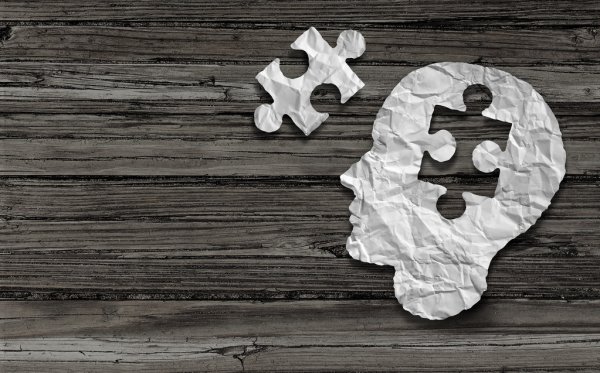Literacy was once known simply as the ability to read and write. Literacy is complex. Literacy is so much more than reading and writing.
Literacy is critical in helping us make sense of our world.
The definition of literacy has stretched to include new methods of meaning-making.
Today it’s about being able to make sense of and engage in advanced reading, writing, listening, and speaking. We must move beyond reading and writing and towards critical thinking.
Literacy proficiency authorizes individuals to contribute to and participate in the discourse that shapes their community and the world.
Lacking vital literacy skills holds a person back at every stage of their life.
Breaking the cycle of illiteracy and improving self-esteem is crucial to pursue opportunities, make informed decisions and have a say in legislative processes.
Literacy is also a driver for sustainable development in that it enables greater participation in the labour market; improved child and family health and nutrition; reduces poverty and expands life opportunities,
Effective literacy skills open the doors to more educational and employment opportunities so that people are able to pull themselves out of poverty and chronic underemployment.
In our increasingly complex and rapidly changing technological world, it is essential that individuals continuously expand their knowledge and learn new skills in order to keep up with the pace of change.
There are different type of literacy concept that we very much familiar include Digital Literacy, Media Literacy, Visual Literacy, Data Literacy, Health & Financial Literacy, Civic & Ethical Literacy, News Literacy, Environmental Literacy, Coding & Computational Literacy.





